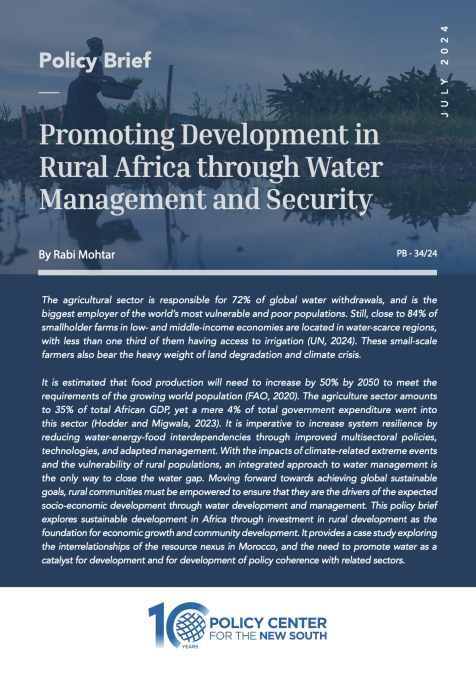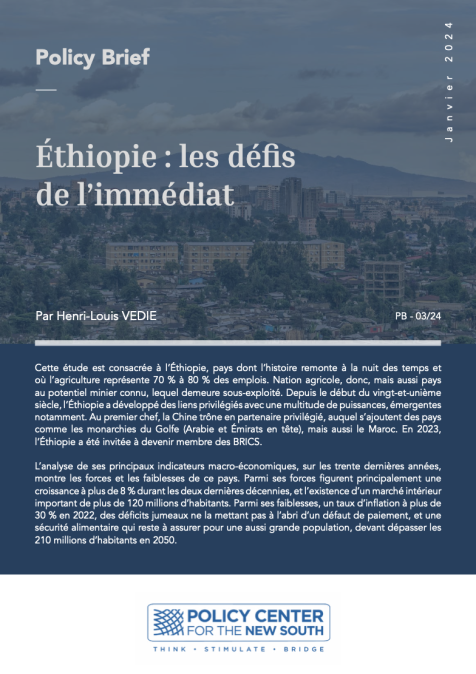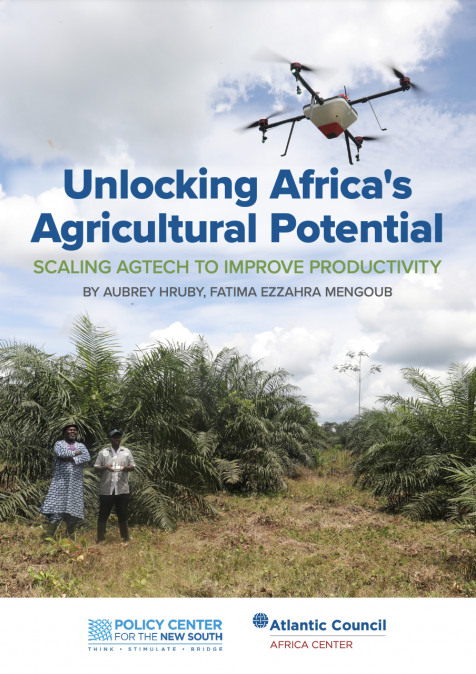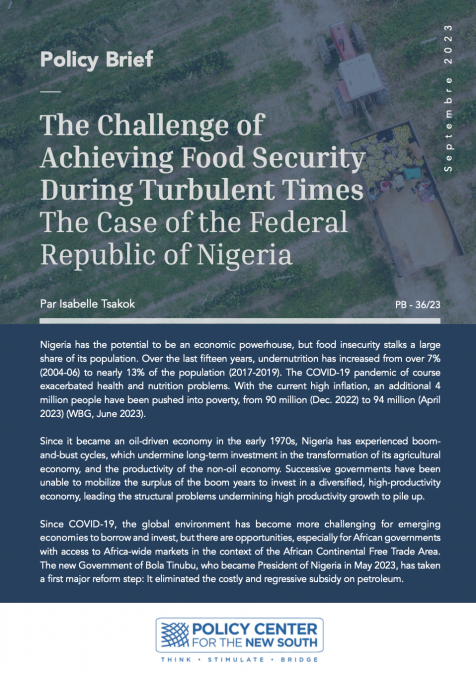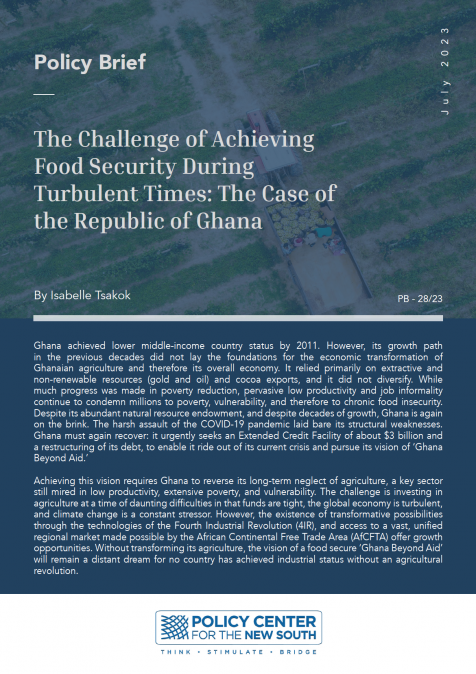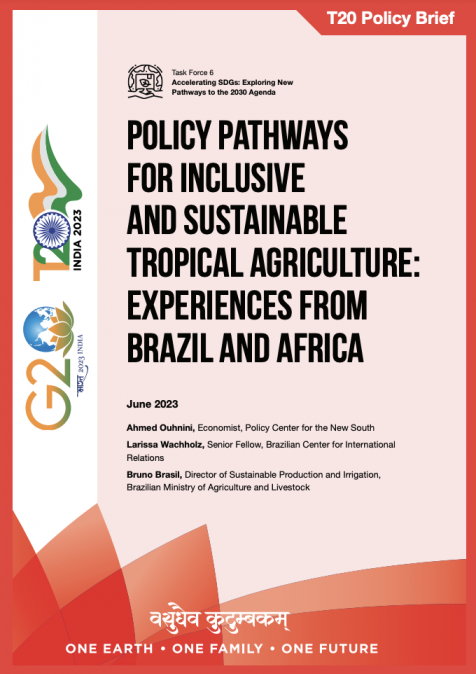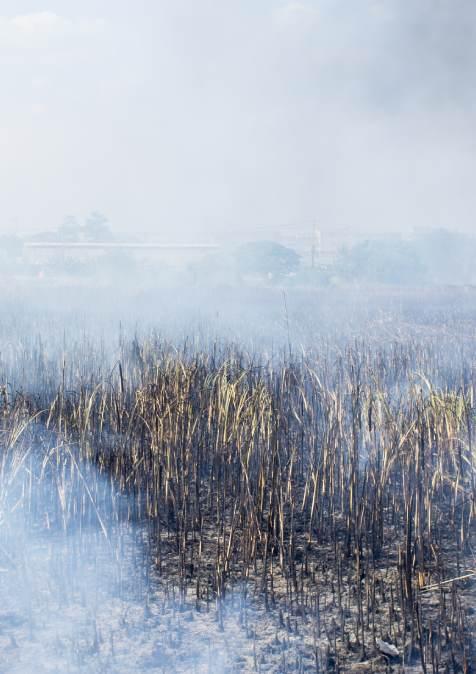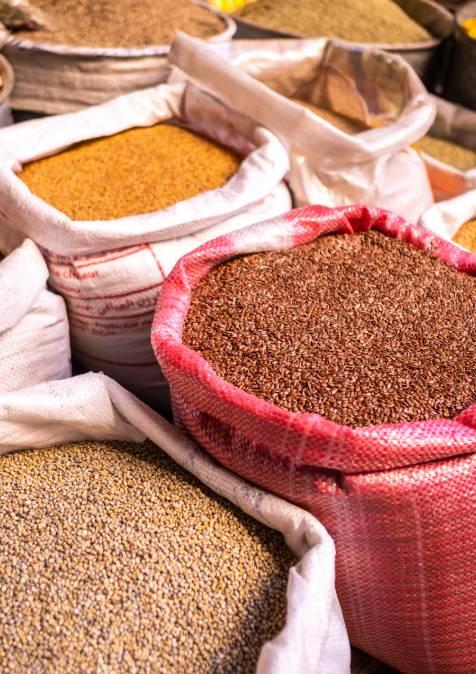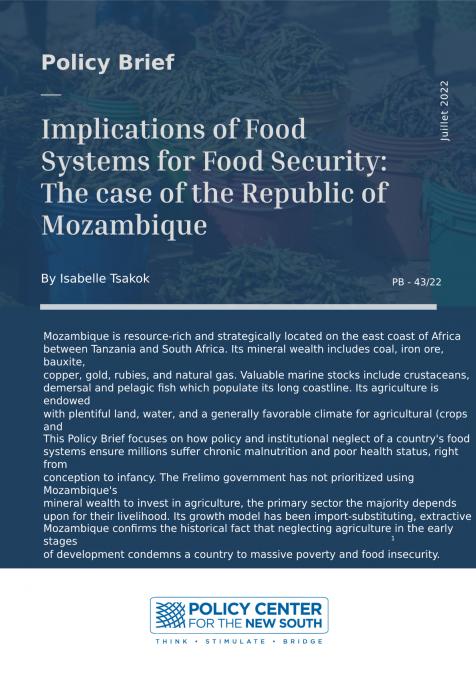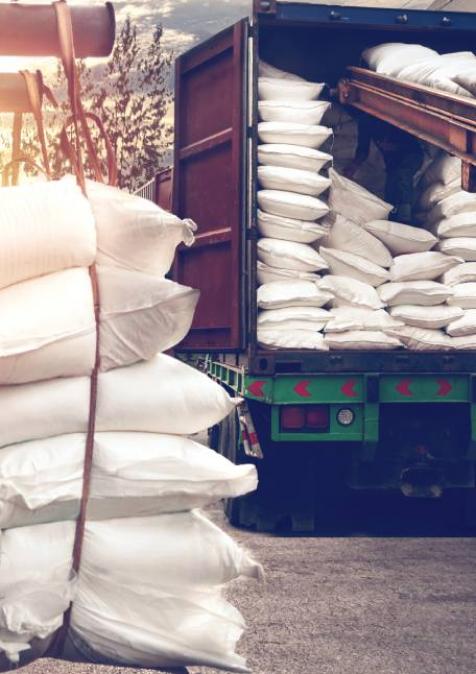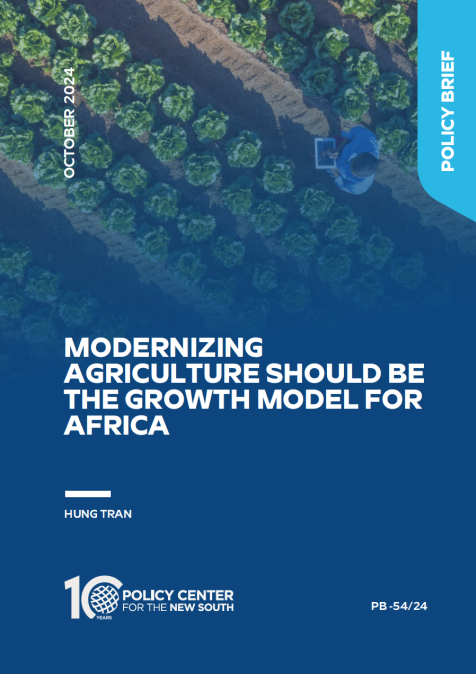
October 17, 2024
China and India have become powerful incumbents in the manufacturing-for-exports and services-for-exports sectors, respectively. This has made it difficult for Africa, as a latecomer, to employ similar growth models for its own development. Given current geopolitical tension, its own comparative advantages and urgent needs, modernizing agriculture should be the growth model for Africa.
...


